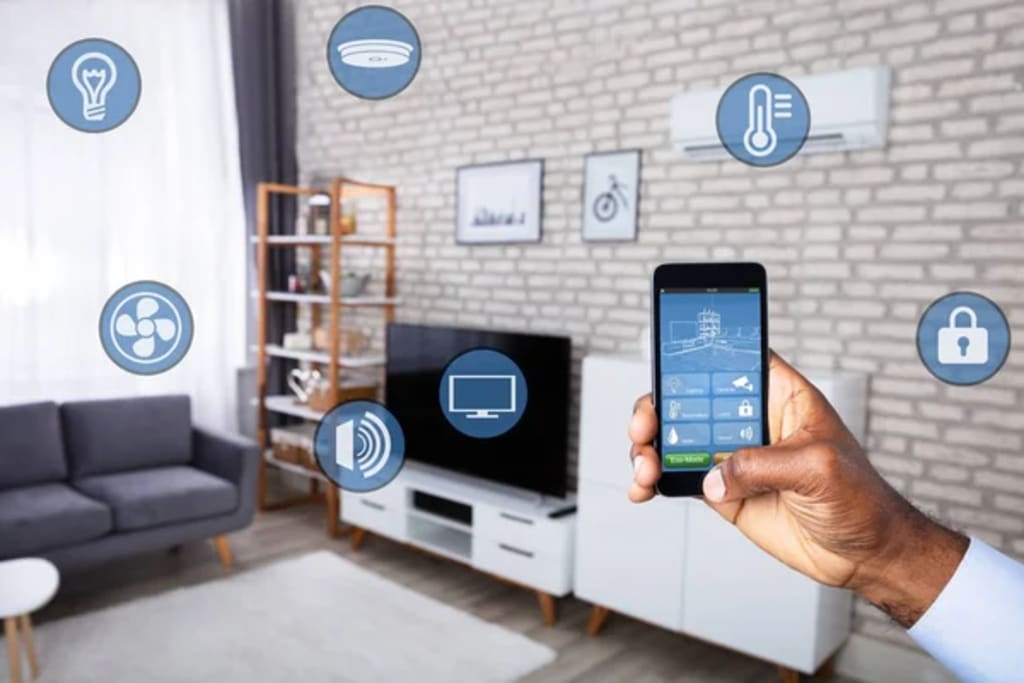
Our increasing reliance on the internet is having a dramatic impact on our lives. For example, our sources of information are changing and we're even beginning to see effects in how we interact with each other. Our smartphones are a big part of this – letting us access the internet from anywhere.
In 2016, approximately 3.5 billion individuals worldwide accessed online services, indicating the continuous rise of global internet access. The countries with the highest numbers of users were China with over 720 million, followed by India and the US with 290 million users each. English was found to be the most widely used language online, followed by Chinese and Spanish.
The dependence on the internet varies across generations, with those who had to adapt to new technology versus those who grew up with it having different usage patterns. Mobile internet usage for Generation X, born between the mid-1960s and early 1980s, averaged 110 minutes per day. Meanwhile, for Millennials, born from the early 1980s onwards and raised with internet access, the average usage was 185 minutes per day.
Messaging apps and social media have also become essential to modern life, with over a billion people regularly using apps like WhatsApp, and even more using platforms like Facebook and Twitter. As the use of internet services continues to rise, our behavior is naturally changing as well. Communication through these platforms is now the norm, leading to a decline in phone calls and text messages. Similarly, traditional brick-and-mortar stores are losing their popularity, as more people turn to online shopping and services. The transformation of cities in recent decades can largely be attributed to the impact of the internet and its associated technologies.
With the prevalence of the internet and its vast wealth of information, our brains are being impacted in various ways. Even the way we work is changing, and for Millennials, this has led to increased forgetfulness when compared to previous generations. The constant distractions that come with connectivity are believed to be the main cause of this. Memory is based on the principle that repeated information processing and focus in short-term memory leads to more robust storage in long-term memory.
However, the constant influx of new information hinders this process, resulting in less information being permanently stored. In addition, the knowledge that information is readily available online means that we are less likely to memorise it. For instance, where previous generations would have memorised directions from a map, we now rely on GPS apps on our phones to navigate.
Our addiction to smartphones, smart appliances, and artificial intelligence is on the rise, as we constantly check for messages and instantaneous assistance, thus developing a habit of distraction. This constant stream of information has made it difficult for our brains to transition into deeper modes of thinking. As a result, we are losing cognitive control, which means we have less ability to direct our attention and decide what we think about. The more we rely on our phones, apps and smart technologies to provide us with information and assistance, the less we can determine what's important to focus on.
Our growing interest in new information over what's actually important is a growing concern. However, the impact of technology on our brains isn't entirely negative. Throughout history, inventions have allowed us to focus less on certain tasks, freeing up our time for other activities. For instance, washing machines have reduced the time spent on laundry, allowing for more time spent on work or other tasks. Similarly, the ability to communicate and access information quickly online has given us extra mental capacity for other processes.
Despite the benefits of smart technology, reducing our screen time can keep our brains more active and malleable. It's a good idea to be mindful of the amount of time we spend on distractions each day. Keeping track of our online activity and taking occasional breaks from technology can help us stay mentally healthy.
About the Creator
Amia
Writing is my passion!






Comments
There are no comments for this story
Be the first to respond and start the conversation.